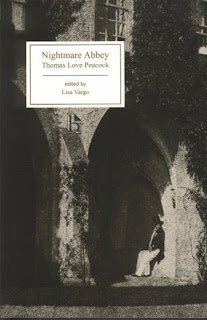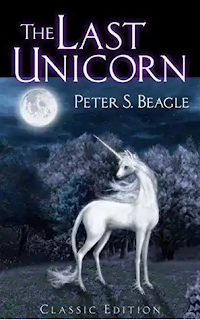If this be treason, make the most of it. ~ Patrick Henry
While reading Thomas
Jefferson: A Life, I realized a desire to read about Jefferson’s nemesis:
Patrick Henry. Thomas Jefferson, the Revolution’s greatest writer, is a
fascinating contrast with its greatest orator, Patrick Henry. Nemesis may be a
bit strong, but I’ve read of no one else who could both astound and confound
Thomas Jefferson, a man not easily affected in either extreme.
In contrast to Jefferson, the
Tidewater aristocrat, Patrick Henry was a backwoods frontiersman – though
classically educated. And in contrast to the ever deliberate and composed
Jefferson, Patrick Henry let his passions blaze, though still quite
deliberately and with amazing effect.
He was responsible for making
the risks and hardships of the revolution popular with the common man, perhaps
more so than any other individual.
First learning the art of
persuasion as a criminal lawyer, Unger writes of Henry…
He left courtroom spectators
stunned, breathless, helpless – in effect, captives.
He is best known for the
famous line…” Give me liberty or give me death,” when addressing the Virginia
convention in 1775.
But I found his most brilliant
speech was ten years earlier, as a 29-year-old member of the Virginia House of
Burgesses. He railed against the tyrannical Stamp Act. In summation, he
declared…
Caesar had his Brutus, Charles
the First his Cromwell, and George the Third…
***Dramatic pause for effect***
Met by cries of “Treason” by
the Senior Burgesses before Henry continued, I must imagine with a mischievous
sparkle in his eye…
George the Third,” he boomed
in defiance, “may profit by their example! If this be treason, make the most of
it!”
Thomas Jefferson would
describe the moment…
I attended the debate…and
heard the splendid display of Mr. Henry’s talents as a popular orator. They
were great indeed; such as I have never heard from any other man…
George Mason would say of
Henry…
He is by far the most powerful
speaker I have ever heard.
Every word he says not only
engages but commands the attention; and your passions are no longer your own
when he addresses them. But his eloquence is the smallest part of his merit. He
is in my opinion the first man upon this continent, as well in abilities and
public virtues, and had he lived in Rome…Mr. Henry’s talents must have put him
at the head of that glorious commonwealth.
At one point, in the debate
over the Constitution, Henry’s oratory became a nearly supernatural legend;
while expressing his most vehement passions in warning against the Constitution,
the skies broke, and thunderclaps seemed to accentuate his every pause and
point. Again, I imagine a sly grin as he made nature’s fury his own.
History has been a bit unkind
to Patrick Henry for his opposition to the Constitution. He was a firm
Anti-Federalist and envisioned a loose confederation of independent states. He
feared the Constitution gave Congress tyrannical powers. He was also adamant
that it sorely lacked a “Bill of Rights.” He proved insightful on that point,
and I am not convinced his fears of almighty federal over-reach are not similarly
justified.
During his day, and apart from
George Washington, Patrick Henry was probably the nation’s most beloved
founding father. He would likely have been the third president had he not
declined the many calls for him to run. Despite his public declination, he finished
fourth behind Jefferson, Adams, and Thomas Pinckney.
He was a devoted husband and
father, with 15 children from 2 marriages. He kept a strict moral code,
avoiding alcohol and gambling. He was a student of the Bible, saying…
This book is worth all the
books that ever were printed.
Harlow Giles Unger’s work is a
concise and compelling narrative. Concise, likely of necessity. In yet another
contrast to Jefferson, Patrick Henry left few written records. Much of what is
known of him is gleaned from the writings and memories of other founding
fathers. And while he is neither perfect saint nor sinner, I now have a better
understanding of and greater respect for the Lion of Liberty.
I’m going to claim lineage
tracing to Patrick Henry. His daughter, Martha, married John Fontaine, a
descendent of Huguenots, the de la Fontaines. Most of my clan have accepted further Anglicization to Fountain, but yeah…I’m apparently the great-great-great-great
grandson or something like that of Patrick Henry
.


